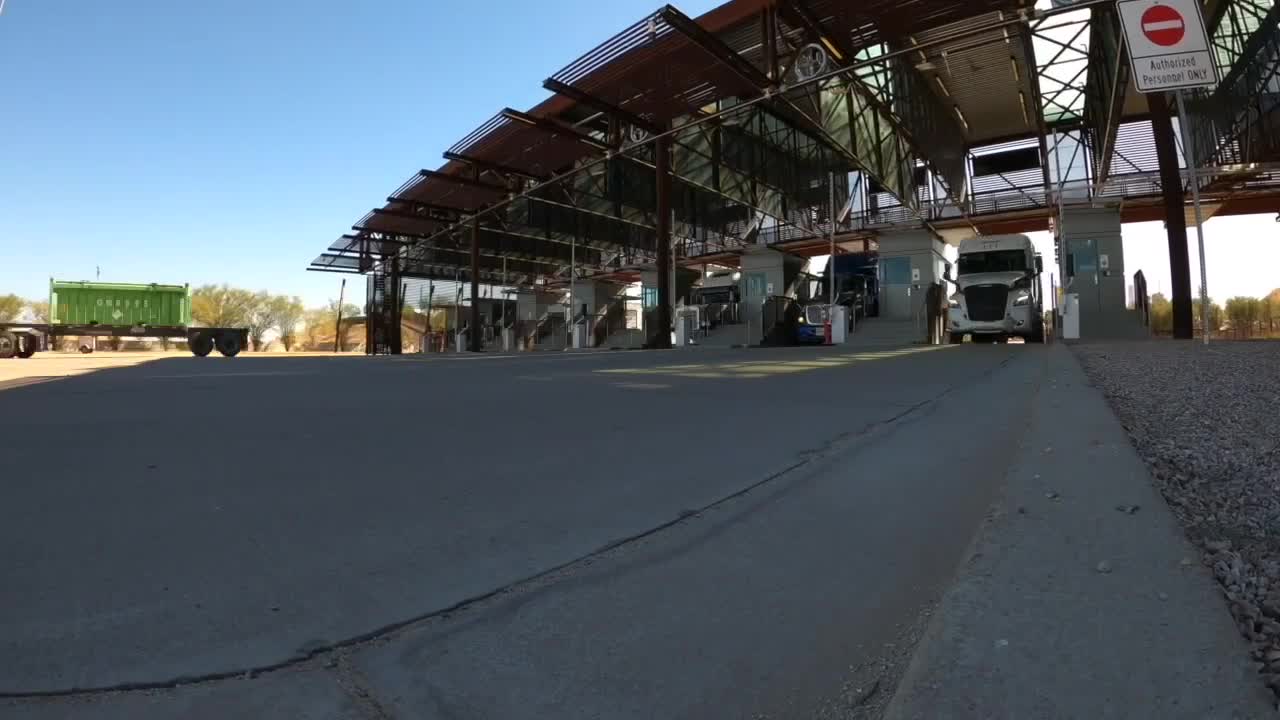While tariffs dominated discussions this year, a North American agreement is set to take over trade talks during renegotiations in mid-2026.
The United States-Mexico-Canada Agreement, or USMCA, has been in place since 2020, largely allowing for tariff-free trade between the three countries as long as the goods qualify. There are some current tariffs in place on things like steel, aluminum, tomatoes and truck parts that originated outside North America.
International business advisor Luis Ramirez said goods covered under the agreement impact everyday lives.
“Food security for our nation, aerospace, automotive, medical equipment, paper products, you name it. The relationship is so complex and a lot of it goes through Arizona,” Ramirez said. “That’s the beauty of the relationship. That it is seamless for the consumer, yet there are tremendous challenges that we have to address and face at the border to make sure that when you go to Safeway, you can find that avocado to sit in your Ford Bronco and drink your Coke.”
In Arizona, this looks like roughly $30 Billion worth of goods that flow through the Nogales ports annually.
“There are thousands of jobs that depend on the cross-border trade,” Greater Nogales Santa Cruz County Port Authority Chairman Joshua Rubin said. “Not just directly like what I do and we're in Mexico manufacturing and sending things back and forth, but I mean even all the way down to the specific Home Depots or Walmarts.”
A review of the USMCA will start over the summer. It comes at a time when the Trump administration is adamant about reshaping trade policies toward US interests.
“Throughout this entire 11 months of this year, since the administration has taken over, we’ve seen a very different relationship with Mexico,” Rubin said.
All three countries have been taking public feedback. Arizona border business leaders plan to travel to Washington in December to advocate for what the state needs to see in the revamped deal.
“Arizona wants to stay as a trade powerhouse; we can’t sit out of this review. We need to make sure that we’re shaping it the best way that benefits our community and our state as well,” Rubin said.






